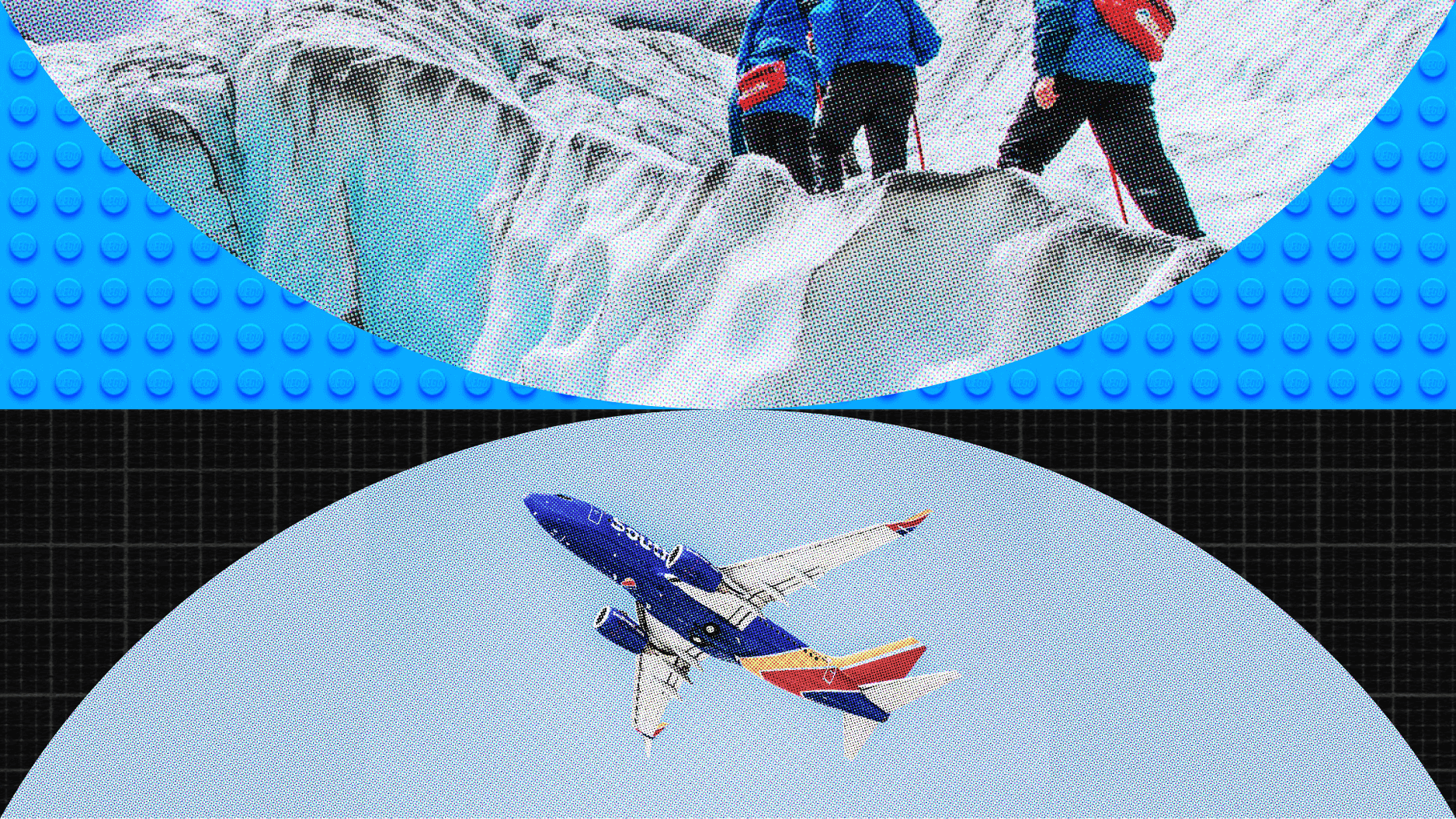People think that their brain is like an iPhone — if they can just unlock it and press a few things in a certain order, then something is sure to happen. That’s just not the case, as neuroscientist David Eagleman tells us. While some swear a cold shower helps them think better it’s simply a matter of personal preference; what works for one might not work for anyone else. David has a great line: “You don’t have squirrels going to the moon or dogs inventing the internet or cows doing theater plays for one another or any of the gazillion things that we do.” Quite frankly, what gets creatvity going the best is actually the most boring: a good diet and regular exercise… but where’s the fun (and clickable headline) in that? David’s new book is The Runaway Species: How Human Creativity Remakes the World.
David Eagleman: There are many books that exist on creativity and it’s about, “hey, do this,” “take a hot shower” or “take a long walk in nature,” “be in a pink room,” or something.
What my coauthor Anthony Brandt and I really strove to do here was to figure out what is below all of that.
What is the basic cognitive software that’s running in the human brain that takes ideas in and smooshes them up and crunches them—and it’s like a food processor that’s constantly spitting out new ideas.
The key is that humans are really different from one another, and for one person taking a hot shower might work and for another person a cold shower. One person works well in the morning and another person at night. For one writer they should go and sit in the coffee shop where it’s loud, and for another writer, it works better for them to sit alone in their quiet office and write.
So I suspect there’s no single piece of advice that’s going to apply to everyone, and that was our—that’s what we wanted to avoid, was that sort of thing.
Instead, we’re trying to understand what is it that’s special about the human brain that allows creativity to happen?
Because when you look at us compared to all the other species on the Earth—we have very similar brains. I mean, you know, obviously we’re cousins with our nearest neighbors and all throughout the animal kingdom, it’s a continuous family tree.
But there's this one species that has gone, that does these incredible—we’re in New York City right now and when I flew in here it’s like looking at a motherboard that has risen from the earth. And when you fly over a forest it looks the same as it did a million years ago.
So we’re running around the planet doing something unbelievable. You don’t have squirrels going to the moon or dogs inventing the internet or cows doing theater plays for one another or any of the gazillion things that we do.
We’re doing something really different, and that’s what Anthony and I have really tried to understand.
So I’m a neuroscientist. Anthony is a music composer, and we started talking about creativity a while ago, many years ago, we’ve been good friends for a long time—And we started realizing that there were all these very interesting ways which our views came together. So then we ended up writing this book together.
What’s special about the human brain is that we, during the evolution of the cortex, got a lot more space in between input and output.
So other animals have these much closer together. So when they get some stimulus they make an essentially reflexive response.
In humans, as the cortex expanded there’s a lot more room there, which means that inputs can come in and sort of percolate around and get stored and get thought about, and then maybe you make an output or maybe you don’t.
And there’s one other thing that happened with the expansion of the cortex, which is that we got a much bigger prefrontal cortex. That’s the part right behind the forehead.
And that is what allows us to simulate what ifs, to separate ourselves from our location in space and time and think about possibilities. “What if I did that? What if I had done that? What if I could do that?” And so we do this all the time.
The amazing part is now there are almost eight billion brains running around the planet and as a result creativity—I mean the creativity of our species—has gone up in this amazing way, because there’s so much raw material to draw on and there are so many of us that are constantly saying “well what if this, what if that?”
Most of the things we generate stink. And, in fact, only some fraction of them even percolate up to consciousness. And of those most of those stink. But every once in a while you have one that works, that actually sticks for your society, for your moment in space and time, and you make the next step.
And so what’s happening now is we’ve got this massively bootstrapping society going on around us.






